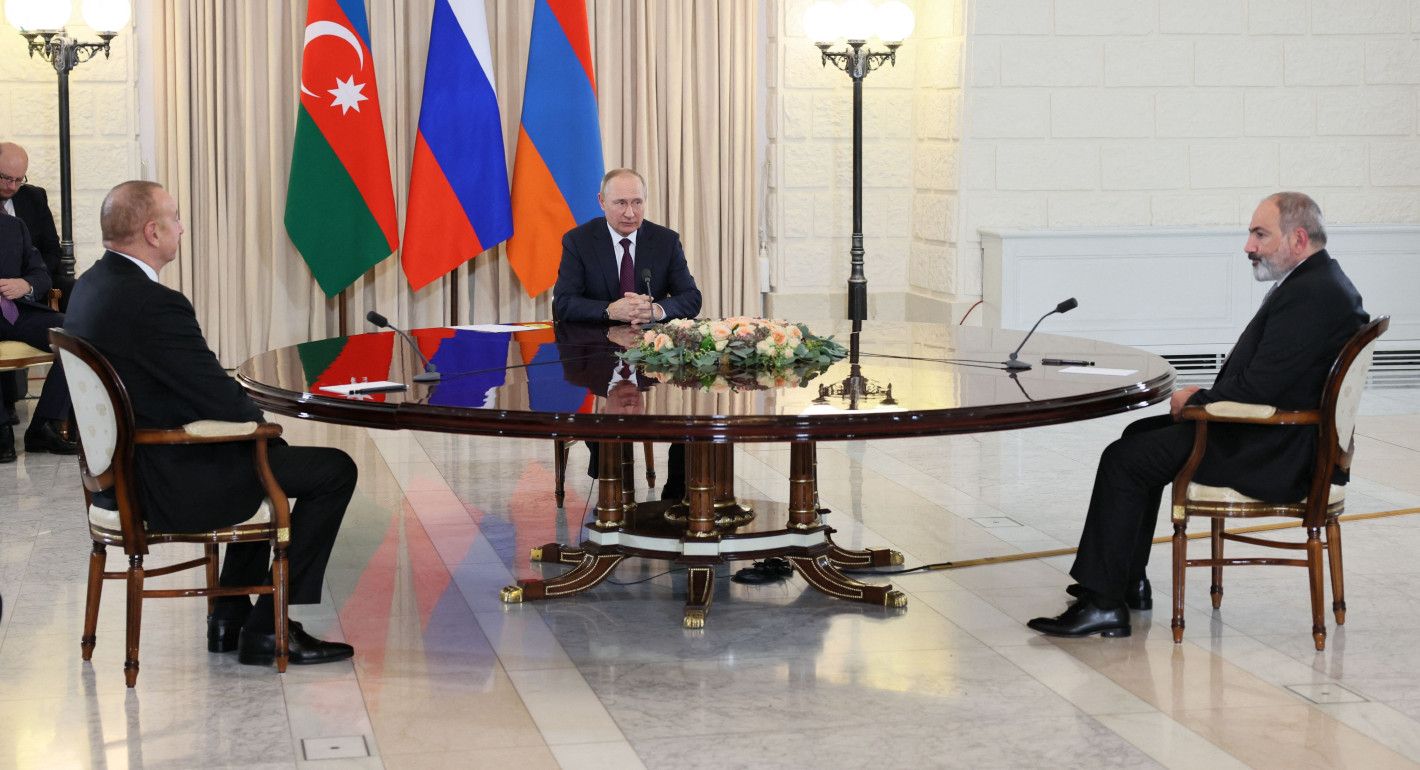Russia Endorses Direct Armenia Azerbaijan Talks to Unlock Trade Routes and Boost Regional Ties

Russia Endorses Direct Talks: A New Phase for Armenia and Azerbaijan
Diplomatic Backing for Regional Negotiations
Official statements from Moscow underline an unequivocal commitment to facilitating dialogue between the leaderships of Armenia and Azerbaijan. The emphasis is on fostering a constructive environment where both parties can independently forge a path toward a comprehensive agreement. Authorities in Moscow have articulated that the resolution of longstanding issues—particularly the opening of infrastructure and trade links—is fundamentally a prerogative of the respective nations. This approach highlights a respect for sovereignty and refrains from imposing external frameworks, entrusting the critical matters of regional connectivity and territorial arrangements to direct bilateral negotiation.
Recent developments demonstrate a notable momentum in these discussions, with both capitals engaging in sustained diplomatic exchanges designed to finalize a framework for peace. The focus is not simply on ending hostilities but on promoting normalization—encouraging the removal of obstacles to cross-border communication and commerce. Such moves align with broader regional interests, fostering stability and economic rejuvenation. The ability of Yerevan and Baku to reach consensus on these issues is presented as an integral step toward the eventual signing of a formal treaty.
A distinguishing characteristic of this phase is the explicit pledge from Moscow to support these efforts while deferring to the decisions and initiatives of local actors. This support is not conditional but rather offered as a guarantee of assistance if and when requested by the parties themselves. The open-ended nature of this readiness underscores flexibility, making clear that the process remains firmly centered on mutual consent and regional ownership of solutions.
Key Milestones: Independence and Regional Cooperation
The genesis of this phase of engagement can be traced to direct talks held earlier this month between the respective heads of state, marking a notable milestone as these negotiations proceeded without third-party mediation. This move reflected a shared willingness to take charge of their own destinies, moving away from externally driven negotiations and instead prioritizing direct, pragmatic engagement. Core terminology, such as the reopening of transit corridors and border delimitation, has become standard in official discourse, focusing on the practicalities of integration and coexistence.
Other pivotal elements shaping the process include a commitment to transparency and the maintenance of open channels for dialogue. Both capitals have reiterated their readiness to address contentious legal and constitutional matters, recognizing that enduring peace relies on mutual recognition and guarantees for secure, unfettered access across borders. Emphasis is also placed on the sovereignty principle—not only in the settling of territorial questions but also in constructing frameworks for cross-border collaboration in areas such as infrastructure, trade, and cultural exchange.
International stakeholders, meanwhile, have acknowledged these developments as a meaningful departure from cycles of stalled mediation and impasse. By supporting autonomous negotiation and refraining from prescriptive interventions, external parties aim to reinforce agency and responsibility with local actors. Such an approach signals an awareness of the unique complexities and sensitivities underpinning the process, ensuring that solutions will be both relevant and sustainable for the populations involved.
Readiness to Facilitate, Respect for Sovereignty
The current framework prioritizes indigenous agency and mutual respect, with offers of support calibrated to the requests and needs identified by the principal actors. This stance serves to avoid the pitfalls of overreach or unilateral pressure while reiterating a commitment to regional tranquility. Should additional facilitation or technical expertise be required at any stage, the stated position is one of immediate readiness to intervene—always, however, with the explicit consent and invitation of the parties concerned.
This nuanced balancing act reflects a recognition that enduring accord cannot be externally imposed but must arise through a process of careful, context-driven negotiation. The willingness to act as a partner rather than a director demonstrates confidence in the capacity of Yerevan and Baku to make difficult choices and craft their own future arrangements. Ultimately, this approach foregrounds the principle that legitimate, lasting agreements are the product of reciprocal engagement and domestically anchored solutions.
As the region navigates the final stages toward a treaty, all eyes remain on the capacity of both capitals to solidify their progress. The promise of external support—as a resource and not a directive—serves as reassurance, emphasizing that whatever challenges remain, they are approached from a foundation of respect, partnership, and autonomy. The expectation articulated in official circles is clear: that the path ahead, while undoubtedly complex, is one both sides are equipped and empowered to traverse together.
